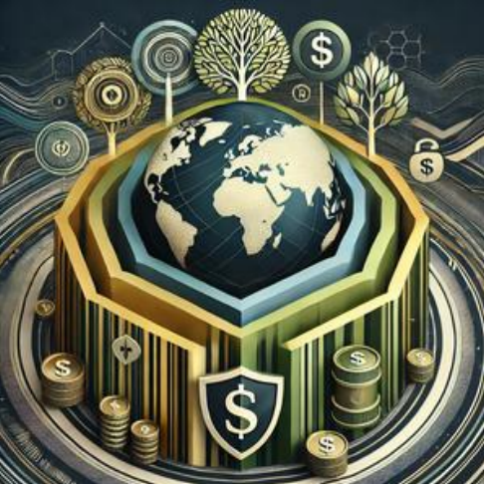The gap between achieving financial success and remaining stuck usually stems not from how much money one makes, but from individual perspectives on resources, risk, and opportunity. Those with financial advantages often have mindsets that convert small profits into lasting wealth, reflecting differences that exceed simple budgeting or stock investments.

Assets as Income Generators, Not Status Symbols
Common thinking often focuses on acquiring items that lose value over time, such as a flashy car, trendy clothes, or a bigger house to show off. In contrast, wealthy people analyze their purchases in terms of cash flow. A luxury apartment serves not just as a home, but it is also an investment property in a sought-after area that pays for its mortgage and brings in regular income. A high-quality watch, chosen for its brand legacy, can increase in value, acting as a valuable asset. Education is also seen as a long-term investment; spending money on an Ivy League degree is less about status and more about gaining access to opportunities for business connections or influential roles. This transformation—from spending wealth to using it wisely—converts costs into sources of growth.

Risk as Calculated Fuel, Not Fear
To safeguard their resources, most individuals steer clear of risks and prefer safe jobs and savings accounts. In contrast, wealthy individuals view risk as something they can manage. Instead of taking chances, they perform thorough analyses and make focused investments in overlooked opportunities. For instance, a tech entrepreneur may allocate 30% of their investments to a startup led by a past coworker, driven not by loyalty but by their own market research. Meanwhile, a real estate investor might acquire a struggling luxury hotel, anticipating that a nearby infrastructure project will increase demand within 18 months. This isn’t carelessness; it’s about understanding risk, establishing protection measures, and transforming uncertainty into a situation where potential rewards significantly exceed possible losses.

Time as the Ultimate Currency
Typical routines mainly focus on tasks that exchange time for money, such as working extra hours, bargaining for small savings, or handling household duties. For those with wealth, time is a valuable resource to be invested wisely rather than wasted. They delegate everyday tasks—like hiring cooks, personal helpers, or financial advisors—so they can concentrate on activities that yield greater rewards, such as advising others, networking, or conceptualizing new businesses. A CEO may spend \(5,000 on a private flight to skip a 6-hour layover if it means saving time, allowing them to secure a \(1 million contract. Even leisure time is purposeful: a weekend at an upscale resort serves not just for relaxation but as an opportunity to meet other business leaders. This emphasis on the cost of time transforms moments into monetary value.
These attitudes aren't limited to the wealthy; they are habits that anyone can learn. The divide grows not from wealth itself but from individual perspectives on how to utilize available resources. For those who wish to achieve lasting wealth, the initial step isn’t increasing income. It’s reconsidering what “value” truly signifies.

The Psychology of Risk: Understanding Your Investment Comfort Zone

Wealth Allocation for High-Net-Worth Families

Steps to Starting a Successful Business

Diversifying Assets: A Middle - Class Blueprint

Brand Loyalty and the Effect of Financial Responsibility

Max Credit Card Benefits: A Guide for Big Spenders

Beyond Profit: Judging a Side Hustle’s True Worth
